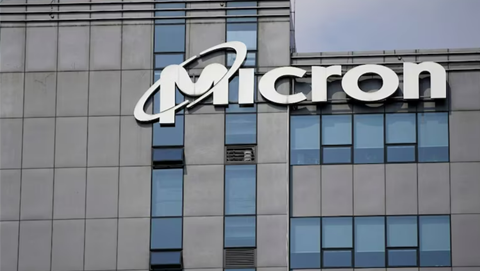Nvidia has told customers in China it is delaying the launch of a new artificial intelligence chip it designed to comply with US export rules until the first quarter of next year, two sources familiar with the matter said.
The delayed chip is the H20, the most powerful of three China-focused chips Nvidia has developed to comply with fresh US export restrictions, the sources said, and could complicate its efforts to preserve market share in China against local rivals like Huawei.
The California-based AI chip giant had been expected to launch the new products as early as November 16, chip industry newsletter SemiAnalysis reported this month.
However, the H20 launch has now been pushed back until the first quarter of next year, the sources said, with one saying they were advised it could take place in February or March.
Both sources declined to be named as the information was confidential. Nvidia declined to comment.
The sources said they were told that the H20 was being delayed due to issues server manufacturers were having in integrating the chip.
In addition to the H20, Nvidia has been planning two other chips to comply with new US export rules - the L20 and L2.
The sources said the L20 was not facing delays and would launch according to its original schedule. They were unable to share information on the status of the L2.
Nvidia is betting on the chips to help it preserve its market share in China after it was barred from shipping products including its advanced A800 and H800 AI chips by Washington's tightened export rules.
The A800 and H800 were introduced as alternatives for Chinese customers in November 2022, about a month after the U.S. first banned exports of advanced microchips and equipment to China.
The H20, L20 and L2 include most of Nvidia's newest features for AI work, but have had some of their computing power measures cut back to comply with new US rules, according to SemiAnalysis' analysis of the chips' specifications.
The US export curbs have created an opportunity for rivals such as Huawei to win orders that may have otherwise gone to Nvidia, whose graphics processing units (GPUs) dominate the AI market.
Chinese internet giant Baidu placed a sizeable order for Huawei AI chips this year, Reuters reported this month citing sources.
One source said Baidu had done so before the US curbs were announced because it was preparing for a future when it would no longer be able to purchase from Nvidia.










